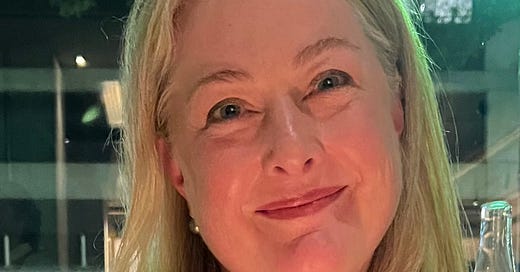"I thought it was a love affair, not a story"
Are midlife women back in the dating game more susceptible to chancers and fakers online? Stephanie Wood thinks so. Here she shares the red flags she missed
I met Kirstie*, the “other woman” in my story, for the first time at a hip, inner-Sydney pub heaving with gorgeous happy young people. Neither Kirstie nor I were happy. Her face was grim as she swung on to the stool at the bar next to me.
“I’m still wild with anger; I haven’t been sleeping,” Kirstie said, shrugging off her black leather jacket, “I need a drink.” Her face was set hard but she was gorgeous, late-40s, auburn-hair, strong eyeliner, husky-voiced.
A fortnight before, I’d made the hardest call of my life: I’d phoned Kirstie to tell her we’d both been in a relationship with the same man at the same time and to warn her that an article I’d written about him was about to be published in an Australian weekend magazine. It took me an hour to convince her I wasn’t pranking her and that the man, I call him “Joe”, was not who he claimed to be.
By the time I met Joe I had put to rest, for the most part, my hopes of becoming a mother. But I had not abandoned hope that I might meet a man with whom I could share the second half of my life…hope is a powerful addiction
I had been single and lonely for several years when I met Joe through an online dating site; I was in my mid-40s, navigating a stage of life that, for many women, brings challenges and uncertainties which I now realise can leave us particularly vulnerable to men’s manipulations and deceptions. For a long time, like Kirstie, I too believed Joe’s stories.





